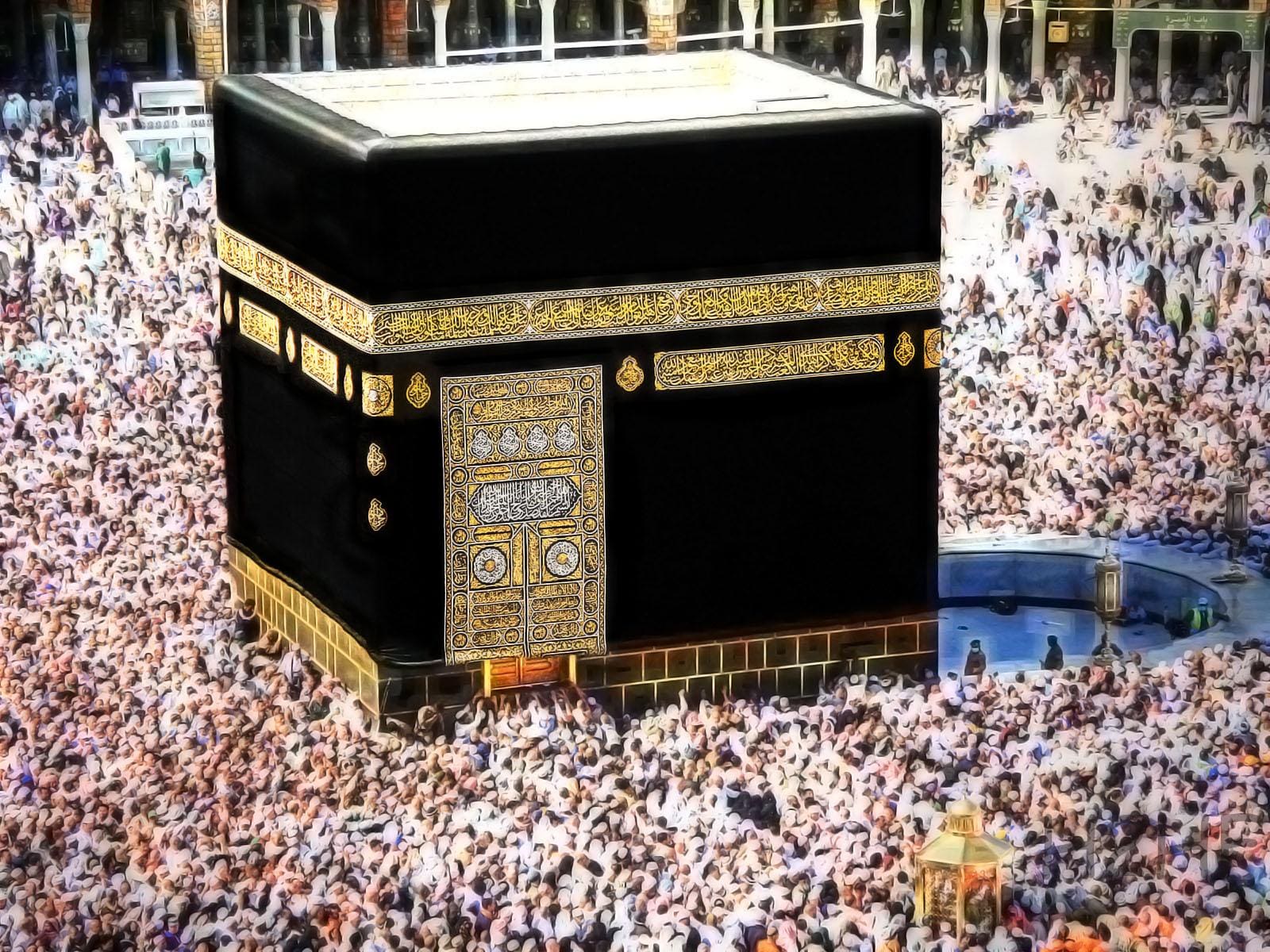The Constitution of Medina is where Pakistan should be
Constitution of Medina is where Pakistani society should be heading and here is why:
A society based on faith
Although Muslims were in minority, Prophet Muhammad (PBUH) emphasized that the “main binding tie” for the newly-created Ummah is religion, with protection to other faiths and customs. Therefore, Pakistan needs more faith in Allah, not less.
Collective responsibility of Security for Ummah
Stable tribal relations within Medina, a tax system for supporting the Ummah in time of conflict, Medina as a sacred place (barring all violence and weapons). So Pakistan is the sacred bastion for Muslims worldwide.
Taxation with representation
While each tribe paid tax for security, representation was granted to each member in external political alliances. The organization of the Islamic Conference needs to be given more teeth, with Pakistan in the lead role.
A pluralistic society with individual rights
Religious freedoms, the security of women, a system for granting protection of individuals, a judicial system for resolving disputes without assimilating diverse groups, and regulated paying of blood money, to end violence. Pakistan’s salvation and protection of vulnerable groups (women) require Pluralism and even more democracy. Here is a quote from our leader Muhammad Ali Jinnah on Pluralistic society.
The first Ummah comprising Non-Muslims & Muslims
It effectively established the first Islamic state. The non-muslims’ of Medina were included in the Ummah because they were “one community with the believers,” they also “have their religion and the Muslims have theirs.” Pakistani non-muslims should be granted rights of citizenship without prejudice.

PostScript.
This is the constitution of Medina summary, purpose, principles, article case study, analysis, significance, Quizlet, and pdf text in Urdu too — all rolled into one. The commentary on the Constitution of Medina on Wikipedia is not a correct analysis vis a vis constitution of Pakistan.

Despite the fact that this piece is well written, my understanding is that these are dangerous grounds 🙂
We have reached at this state in Pakistan, because whatever any person with real wisdom may point out, the Islamic system will always be interpreted and implemented for the masses by our “Ulema”. We wabt ti start with Medina constitution, and somehow, we all end up here.
I suggest you highlight those aspects of the state of Medina, which were real building blocks of that society, but which find no significant place in today’s Islamic narrative in Pakistan. This may not necessarily be contentious or controversial .
I will look forward to a more detailed study by you on this topic.